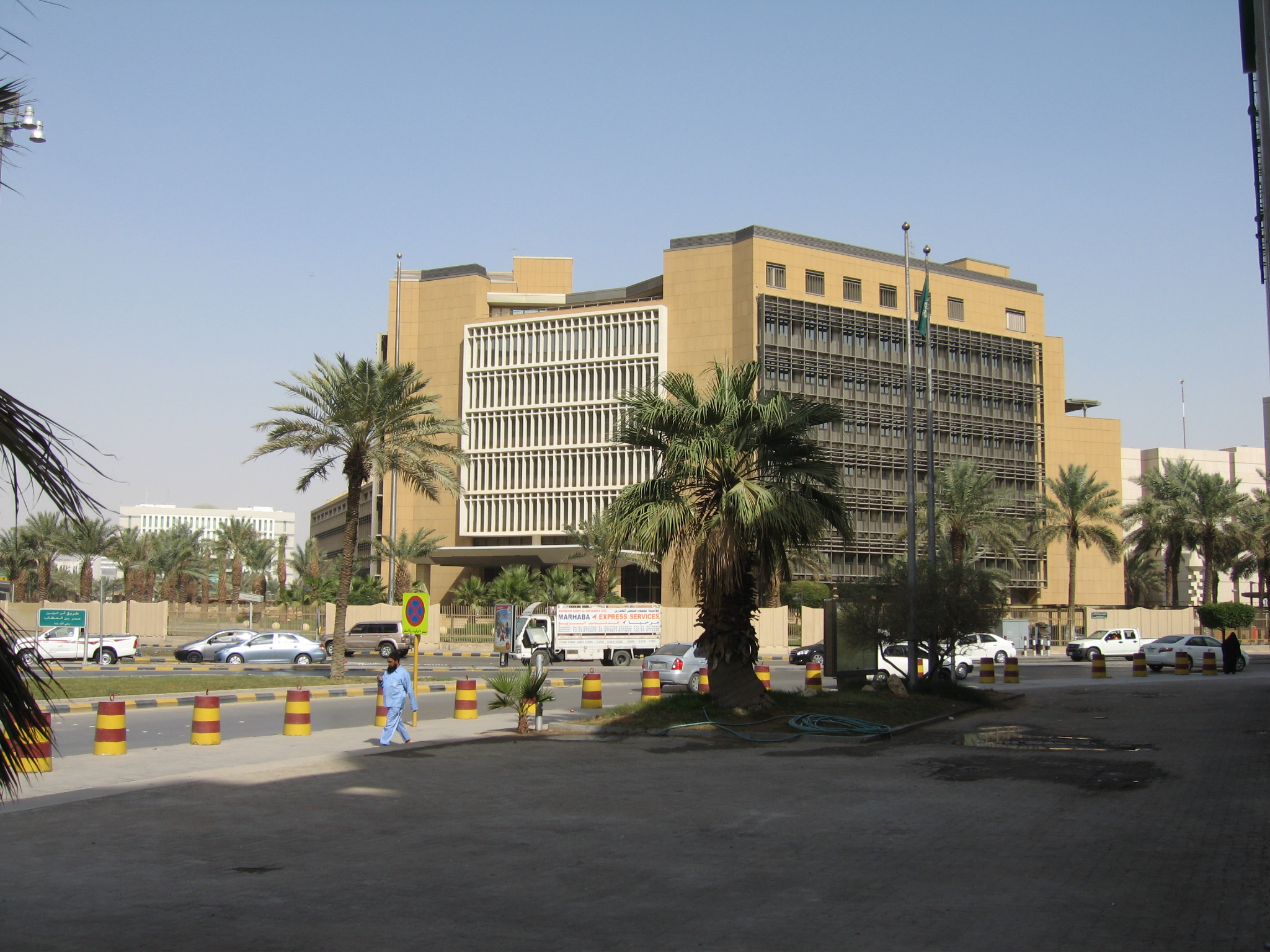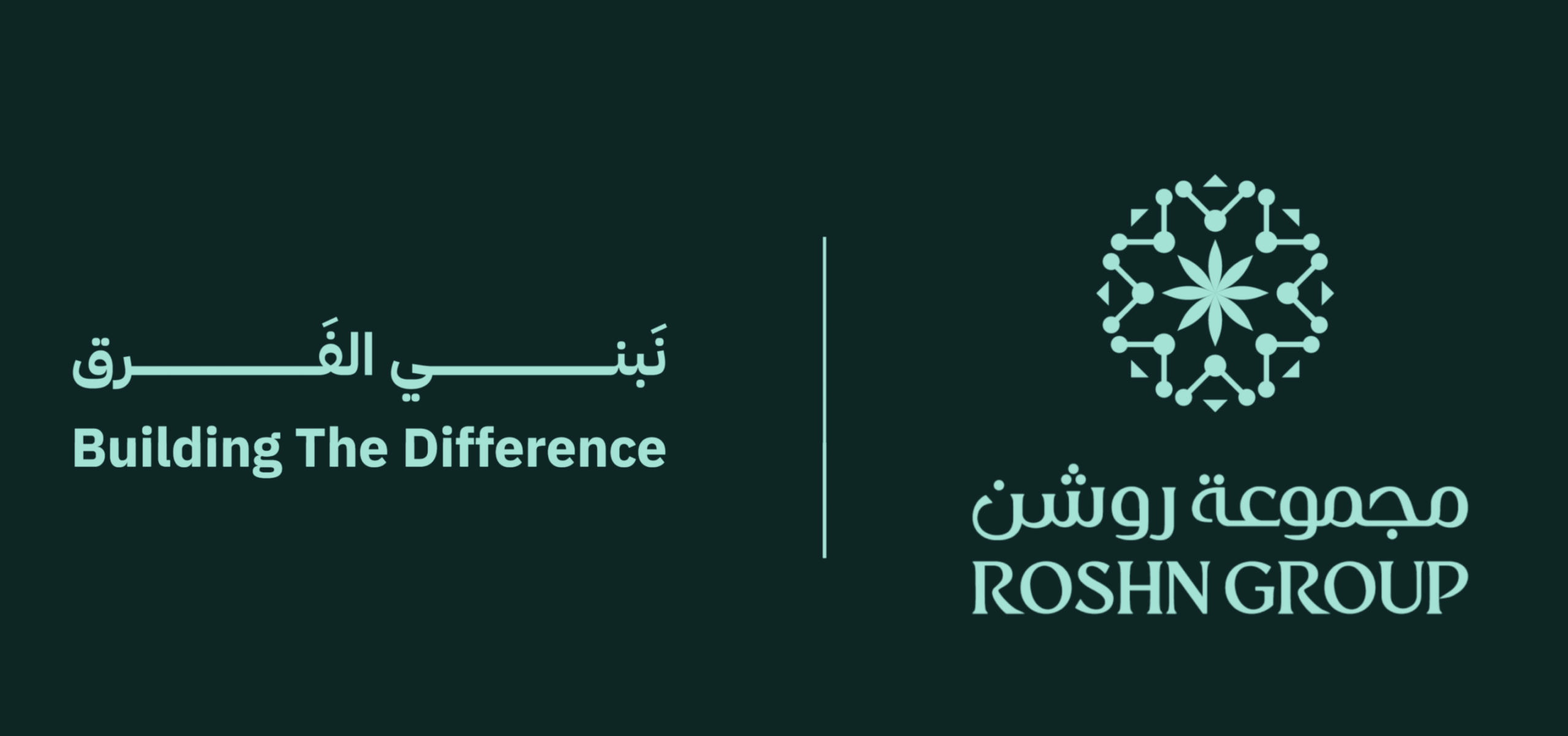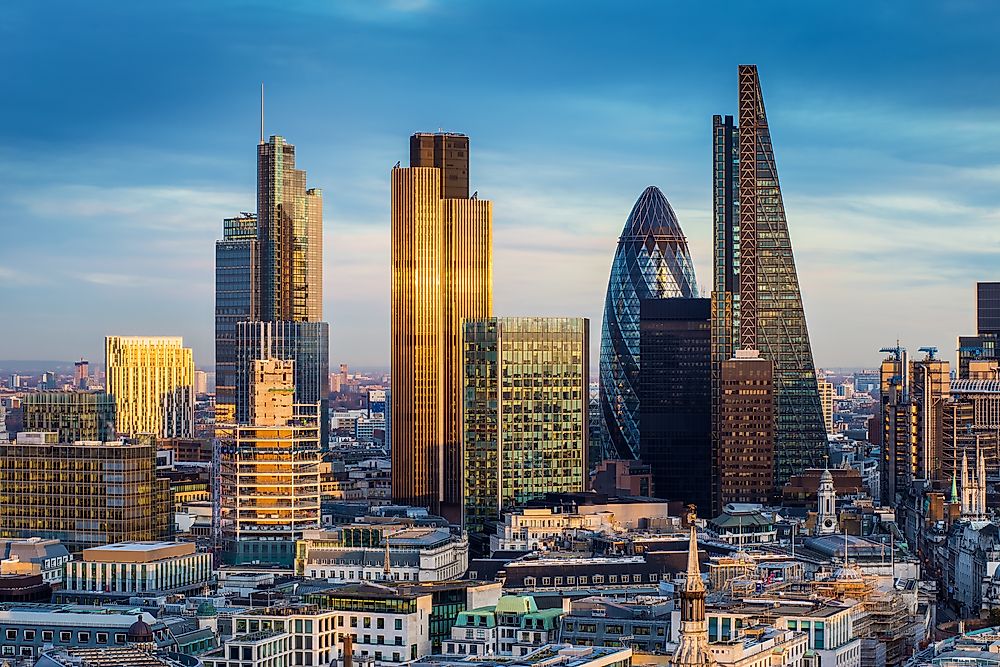Saudi Arabia’s Ministry of Finance said the kingdom is now better equipped to reassess its spending priorities during times of economic uncertainty, crediting reforms under Vision 2030 for enhancing its financial agility.
Following the release of the International Monetary Fund’s Article IV consultation report, the ministry highlighted the economy’s resilience and capacity to absorb external shocks, as recognized by the IMF.
The report praised Saudi efforts to diversify its economy, implement fiscal plans, and maintain monetary stability.
There is no need for Saudi Arabia to further cut spending even if oil prices decline, IMF mission chief Amine mentioned after the Fund’s Executive Board endorsed the findings.
The Finance Ministry said the kingdom’s decades of experience in energy markets, combined with the accelerated institutional learning driven by Vision 2030, have sharpened its ability to time spending adjustments in response to oil revenue fluctuations and rising geopolitical tensions.
“With over half a century of experience in energy and development planning, and the accelerated expertise gained over the past decade through Vision 2030, the Kingdom now knows when to reassess its spending priorities amid revenue drops and regional challenges,” the ministry said.
During periods of global economic strain or low oil prices, Saudi Arabia has continued to evaluate the management of major development projects and strategies tied to Vision 2030 to sustain steady economic growth and maintain fiscal health, the ministry added.
The kingdom, it said, no longer follows procyclical fiscal policies but focuses instead on achieving financial balance, ensuring public spending supports long-term economic growth.
This approach echoes earlier remarks by Finance Minister Mohammed Al-Jadaan, who in April 2024 said the Vision 2030 roadmap would be adjusted as needed to align with evolving conditions.
The ministry said its cautious and flexible fiscal strategy had already enabled the achievement—or near-achievement—of many targets. “The government, while confident in its performance, is not complacent. It continues to push forward to safeguard the economy from global crises.”
The report, it said, reflected growing international recognition of the kingdom’s success in transforming its economy—especially the non-oil sector—under a comprehensive vision aimed at fiscal sustainability and economic diversification.
Global Recognition and Institutional Praise
The ministry pointed to repeated global economic reports that have acknowledged Saudi Arabia’s achievements in implementing fiscal reforms, preserving monetary stability, and driving diversification.
“Recognition of these successes continues to grow—and with it, the scrutiny and detail of assessments, particularly in the non-oil sector,” it said, citing the 2025 Article IV report as the most recent example, following IMF staff’s routine consultations with Saudi government and private-sector officials.
While the report acknowledged risks linked to oil price fluctuations, it credited Saudi Arabia for adopting structural reforms and building a robust fiscal framework. The report also commended the kingdom’s commitment to long-term planning aimed at preserving development goals and fiscal sustainability in the face of uncertainty.
The IMF praised Saudi Arabia’s long-term vision to support economic transformation, stating that it had improved the resilience of the economy and broadened its policy toolkit to weather global shocks. It also noted that continued reform was vital to mitigate downside risks amid persistent global uncertainty.
A Regional and Global Economic Force
The Finance Ministry said the IMF underscored the kingdom’s growing role as a regional and global economic player. Saudi Arabia represents half of the Gulf Cooperation Council’s economy and holds foreign assets worth $1.5 trillion, with a net international investment position equivalent to 59% of GDP.
The report concluded that the ongoing economic transformation—driven by structural reforms, prudent policymaking, and periodic expenditure re-evaluations—had significantly strengthened Saudi Arabia’s resilience, positioning it to better navigate rising uncertainty.
Oil production is expected to gradually recover to 11 million barrels per day by 2030, according to the report. While this remains below the sustainable capacity of 12.3 million barrels, the projection aligns with supply-demand dynamics in global markets.
Non-oil growth is forecast to pick up modestly by 2027, driven by rising investment in new infrastructure and the upgrading of existing facilities as Saudi Arabia prepares to host major global events, including the 2027 AFC Asian Cup, the 2029 Asian Winter Games, Expo 2030, and the 2034 FIFA World Cup.
Structural Reforms at the Core
Medium-term non-oil growth is expected to hover around 3.5%, supported by steady private-sector investment and sustained annual injections of at least $40 billion by the Public Investment Fund into the domestic economy.
The IMF stressed the importance of continued structural reforms to preserve non-oil growth momentum and deepen economic diversification. Since 2016, Saudi Arabia has overhauled business regulations, labor laws, and capital markets, the report noted.
Recent legal changes—including an updated investment law, revisions to the labor code, and a new commercial registration framework—have boosted investor confidence and contractual certainty, while supporting productivity gains, the ministry said.
A Resilient Economy Amid Uncertainty
The Finance Ministry said the report reaffirmed the government’s view that the ongoing economic transformation had materially enhanced the economy’s resilience to external shocks, and that Saudi Arabia was well-placed to withstand mounting global uncertainty.
It said domestic economic and fiscal projections suggest real non-oil GDP growth could exceed the IMF’s own estimates, reaching 4% to 5% over the medium term, driven by robust domestic demand, strong investment, and accelerating reform momentum.
Sustained Growth Prospects
The IMF expressed confidence in the continued strength of domestic demand, including through government-led projects, which are expected to fuel growth despite subdued global commodity prices and broader uncertainty.
It projected real non-oil GDP growth of 3.4% in 2025, supported by ongoing implementation of Vision 2030 initiatives through both public and private investments, as well as strong credit growth, which is expected to cushion the effects of lower oil revenues.
The report acknowledged the progress of Saudi reforms and called for continued efforts—especially in areas like enhancing human capital by aligning Saudis’ skills with a modern labor market, expanding access to finance, and accelerating digital transformation. The integration of artificial intelligence into public services is also seen as a key driver of economic diversification.
Strengthening financial institutions and pressing ahead with reforms will further enhance the kingdom’s ability to withstand oil price volatility, the ministry concluded.




